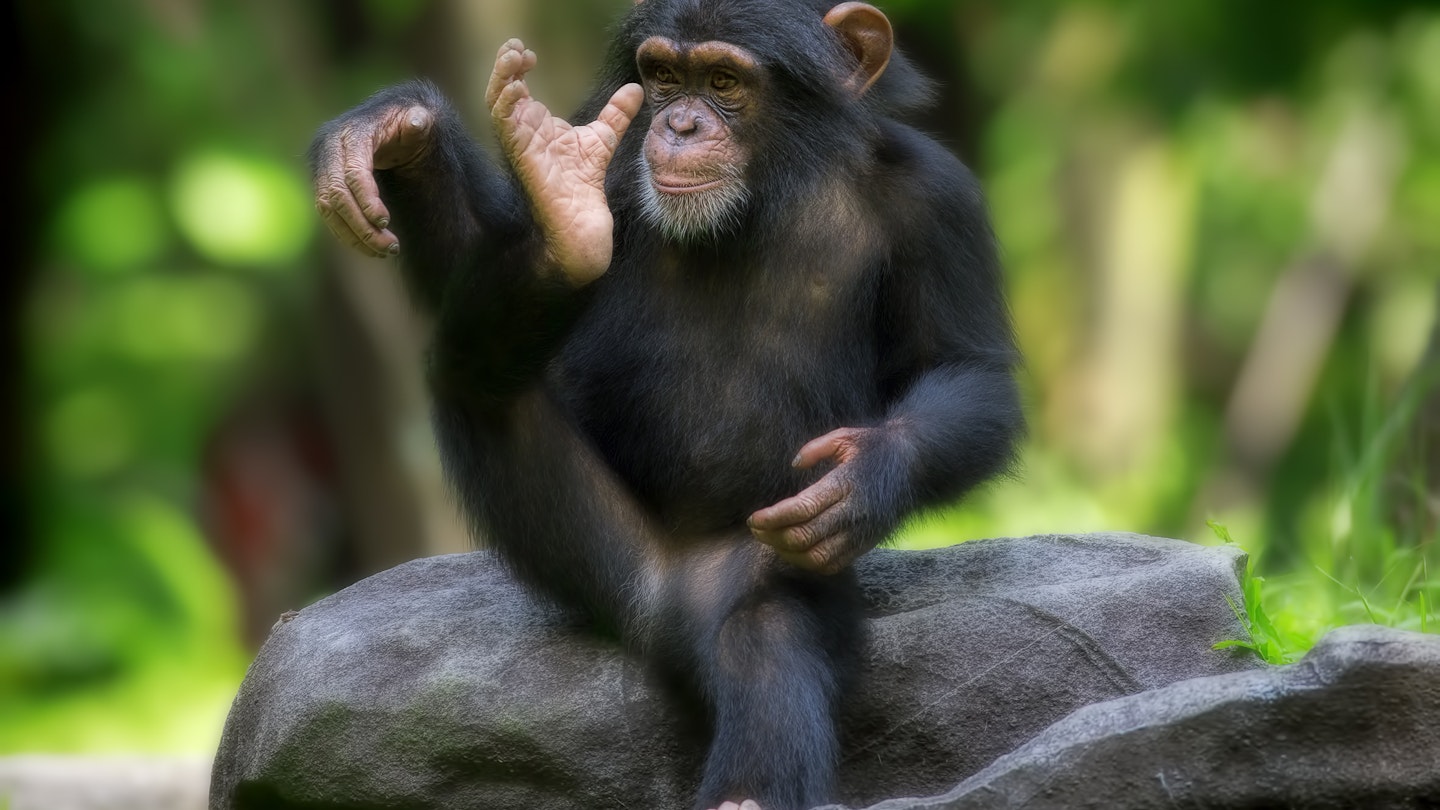
The Gishwati-Mukura National Park in Rwanda has recently been designated as a UNESCO biosphere reserve, opening the door to chimpanzee and primate trekking for the first time. This picturesque park comprises two natural forests, Gishwati Forest and Mukura Forest, spanning 35.58 square kilometers across the districts of Rutsiro and Ngororero.
Historically, the forest faced considerable degradation following the 1994 genocide, with significant areas cleared due to human settlement, agriculture, and illegal mining activities. Fortunately, the Rwanda Development Board, in collaboration with conservation partners, has been actively working to reforest the region with native trees, facilitating the return of both chimpanzees and various smaller primate species.
This rich ecosystem is home to not only chimpanzees but also mountain and golden monkeys, as well as servals, genets, civets, and various small mammals. The designation of Gishwati-Mukura National Park as a biosphere reserve serves to protect not only the local mammalian population but also amphibians, numerous bird species, and over 250 varieties of plants. Wilderness Safaris and Visit Rwanda are setting the stage for trekking activities within this pristine environment, coinciding with the anticipated opening of a new accommodation called Forest of Hope Guest House and Camp Site due later this year.
Although Gishwati has been a protected national park since 2015, this marks the introduction of overnight hospitality and visitor experiences. It epitomizes ecotourism, wherein every visit contributes to reforestation, conservation efforts, and the social upliftment of surrounding communities.

Visitors to the Gishwati Research Station will have the unique opportunity to explore the onsite indigenous tree nursery and participate in tree planting initiatives that support local reforestation efforts. For further information regarding these conservation activities, details can be found on Forest of Hope’s website here.




